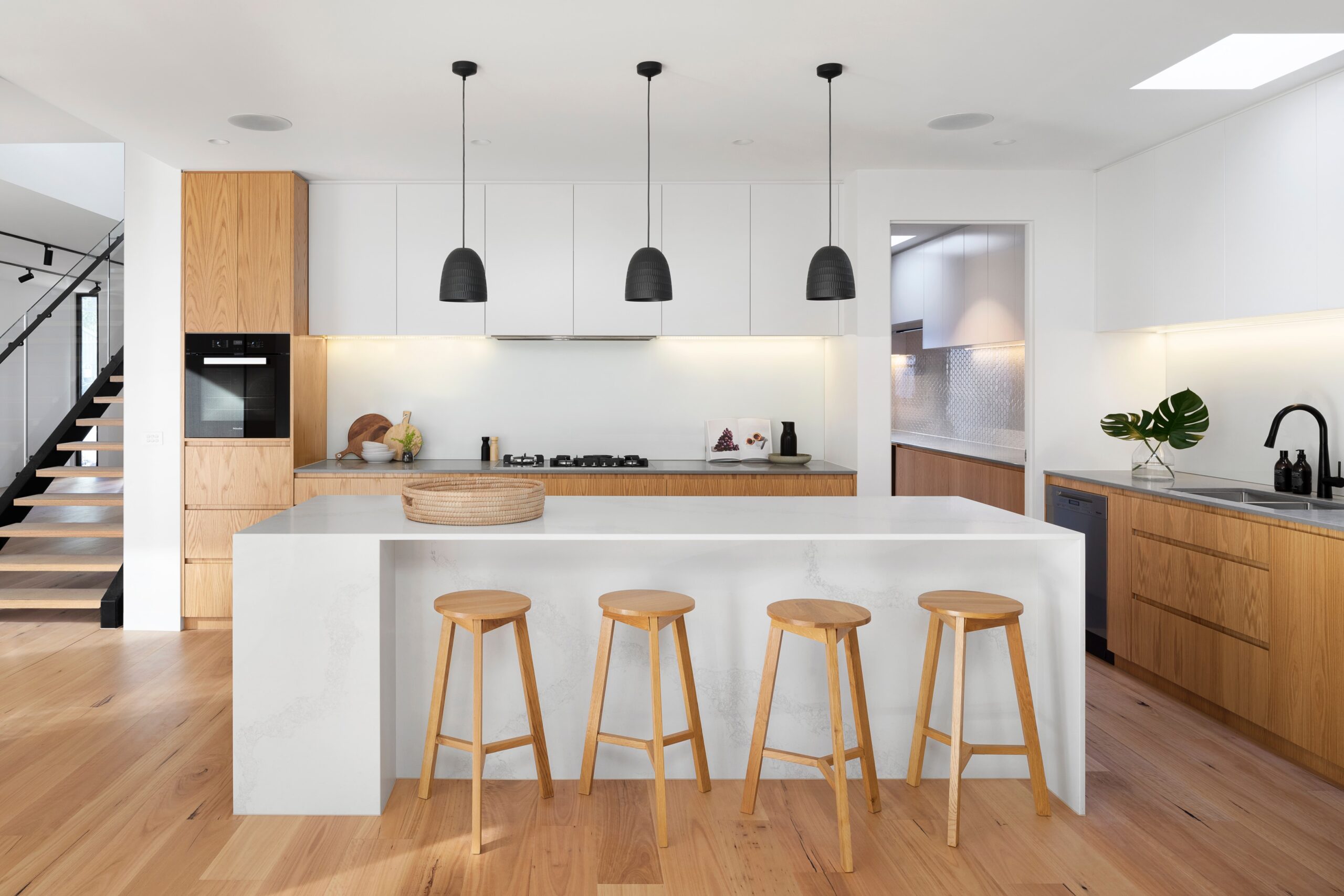When it comes to fair housing projects, every aspect of design holds immense significance in promoting inclusivity, functionality, and a sense of home for all residents. Among the various spaces within a dwelling, the kitchen occupies a central role in fostering a healthy and vibrant living environment. Beyond mere aesthetics, a well-designed kitchen can positively impact residents’ daily lives, facilitate equal access and usability, and promote social cohesion. In this article, we explore the importance of kitchen design in fair housing projects, shedding light on its multifaceted benefits and emphasizing the need for thoughtful consideration in creating truly inclusive spaces.
- Equality in Access and Usability:
In a fair housing project, the concept of equality extends beyond the provision of housing to encompass equal access and usability of all essential spaces. The kitchen, as a communal area where meals are prepared and shared, should be designed with universal accessibility in mind. Incorporating features such as adjustable countertops, lower storage areas, and lever-operated faucets can ensure that individuals with disabilities or limited mobility can navigate the kitchen independently, promoting self-sufficiency and an increased sense of dignity.
- Safety and Ease of Use:
An essential aspect of kitchen design in fair housing projects is prioritizing safety and ease of use for all residents. This involves carefully selecting materials, appliances, and fixtures that are both durable and user-friendly. Features such as slip-resistant flooring, rounded edges on countertops, and well-positioned lighting can minimize accidents and enhance overall safety. Additionally, including user-friendly appliances, such as easy-to-operate stovetops, ovens with clear controls, and intuitive storage solutions, makes the kitchen a more welcoming and functional space for everyone.
- Flexibility and Adaptability:
Fair housing projects aim to accommodate residents of diverse backgrounds and needs. Considering the dynamic nature of these communities, kitchen design should be flexible and adaptable to accommodate various cultural practices and individual preferences. Incorporating versatile storage solutions, adjustable shelving, and multi-purpose countertops enables residents to customize the kitchen space according to their unique needs, ensuring that it becomes an extension of their personal identity and cultural traditions.
- Encouraging Social Interaction and Cohesion:
The kitchen often serves as a hub for social interaction and community building within a fair housing project. It is where residents come together to share meals, exchange stories, and build meaningful connections. Thus, the design of the kitchen should promote social cohesion by creating a welcoming and comfortable environment. Consideration should be given to the layout, providing ample space for movement and conversation. The inclusion of communal dining areas, breakfast bars, or seating nooks can facilitate interactions among residents, fostering a sense of belonging and community.
- Emotional Well-being and Empowerment:
A well-designed kitchen has the potential to enhance residents’ emotional well-being and empower them to lead healthier lives. Integrating natural light sources, connecting the kitchen space to outdoor areas, and incorporating plants or green elements can create a soothing and refreshing atmosphere. Furthermore, providing adequate storage space, efficient organization systems, and modern kitchen appliances can enable residents to maintain a healthier lifestyle by facilitating meal preparation and promoting good nutrition.
Conclusion:
In fair housing projects, the importance of kitchen design extends far beyond aesthetics and functionality. A well-designed kitchen can enhance equality, accessibility, and usability for all residents, promote safety, flexibility, and adaptability, encourage social interaction and community cohesion, and contribute to the emotional well-being and empowerment of individuals. By prioritizing thoughtful and inclusive kitchen design, fair housing projects can create spaces that foster a sense of home, dignity, and belonging for all residents, ultimately embodying the principles of fair housing and promoting a more equitable society.


